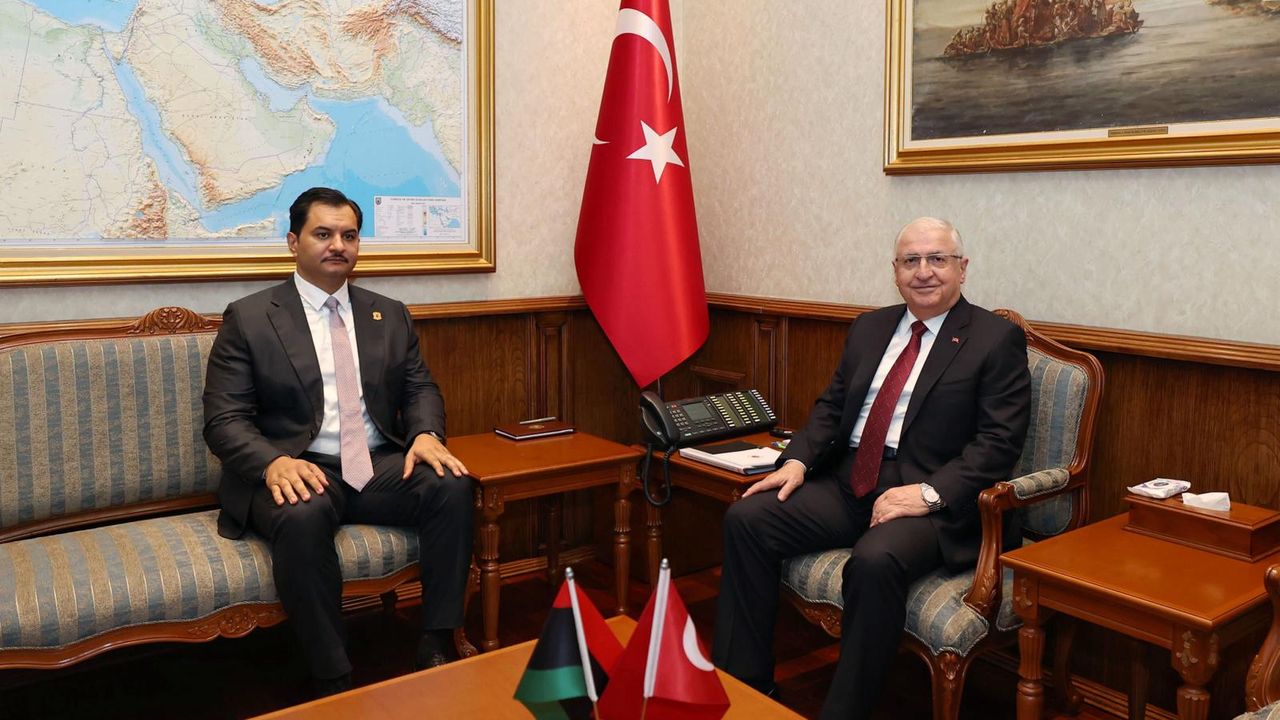New Syrian government criticized for lack of diversity

The Kurdish Autonomous Administration has criticized the new Syrian transitional government for its lack of diversity, in a move further undermining Syrian stability with questions now being raised as to whether a new coalition with the Kurdish northern territory can work.
The Kurdish administration in northeastern Syria has criticized the new 23-member transitional cabinet, saying it fails to represent all Syrian people and have declared they will not follow the instructions of the central government, according to Asharq al-Awsat on March 31st.
Mired in over a decade of war, Syria’s toppling of the ousted dictator Bashar al-Assad brought new hope to Syria in the form of interim President Sharaa. However, since his arrival, the country has faced multiple episodes of sectarian violence, including the massacre of over 1000 people in clashes between government-affiliated forces and members of the Alawite sect, raising concerns over the security of minorities in a country now run by a dominant Sunni group.
Sharaa has also received criticism over both his past as a member of al Qaeda and ISIS, as well as territorial incursions from regional neighbors like Israel. The dissidence of the Kurdish community marks another blow to the government’s legitimacy.
Sharaa announced on March 30th the new transitional Syrian government which includes Yarub Badr, an Alawite named transportation minister; Amgad Badr, a member of the Druze community named agriculture minister; and, Hind Kabawat, a Christian women appointed as social affairs and labor minister. However, the lack of Kurdish inclusion into the new transitional government is obvious.
According to Sharaa, the new government has vowed to rebuild a “strong and stable state,” but in a statement the Kurdish administration has said the new cabinet “was very similar to its predecessors in that it does not take into account the diversity in the country,” before adding, “it won’t be able to run the country smoothly and help end its crisis. Rather, it will deepen the crisis and fail in addressing the problems that caused it in the first place.”
However, Asharq al-Awsat has reported the government’s announcement was welcomed by the Syrian people as well as the Arab and international community.
The international community seem to be relatively supportive of the new Sharaa government with Maghrebi reporting that Italy has committed €68 million in aid to Syria, focusing primarily on hospital and health infrastructure. The UK and EU have also removed sanctions on many Syrian assets, providing a lifeline for the Syrian economy by unfreezing Syria’s central bank assets.
Turkey, a powerful regional player, has also shown support for the new Sharaa government by publicly advocating for a stable and united Syria in which a central government maintains authority over the whole country – a veiled threat to the autonomous administration of northeastern Syria.
The Kurds are regarded by Turkey as a huge threat to regional stability and the territorial integrity of both Turkey and Syria. Therefore, Istanbul has been strongly supportive of the expansion of Sharaa’s legitimacy over Syrian territory. Since 2016, Turkey has launched operations in northern Syria to push back Kurdish militias linked to the banned PKK, a recognized terrorist organization in Turkey as well as Europe.
Israel’s incursions in the south following the ousting of Assad has also proved to undermine Sharaa’s legitimacy as they try to guarantee their own security. The Israeli government have instructed Sharaa not to deploy forces south of Damascus as well as portraying themselves as the protector of minority communities in Syria – particularly the Druze community in the south. Israel’s role only serves to perpetuate sectarian tensions, a move Maghrebi has described as a deliberate foreign policy tool of Israel’s government.
Ultimately, the lack of inclusion of the Kurdish community poses a difficult problem for Sharaa as he tries to balance Turkish distrust of the group with the need to depict himself as a secular and inclusive leader to the international community.
Asharq al-Awsat, AP News, Maghrebi
Want to chase the pulse of North Africa?
Subscribe to receive our FREE weekly PDF magazine












